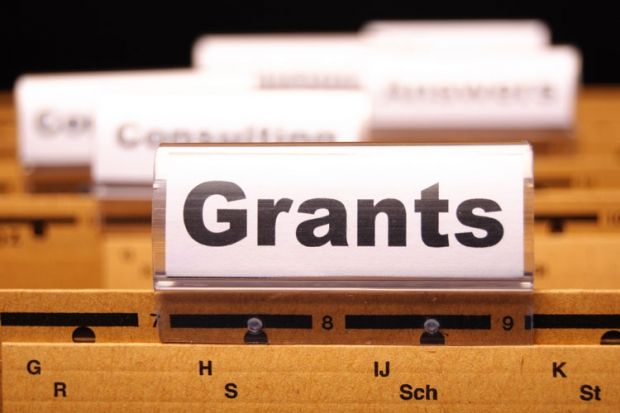Biotechnology and Biological Sciences Research Council
Research grants
- Award winner: Frans Maathuis
- Institution: University of York
- Value: £684,773
Developing rice with increased resistance to salinity and drought
- Award winner: Samar Hasnain
- Institution: University of Liverpool
- Value: £409,358
Why does Nature use modular enzyme architectures for biological catalysis?
National Institute for Health Research
Health Technology Assessment Programme
- Award winner: Harbinder Sandhu
- Institution: University of Warwick
- Value: £1,575,854
Improving the well-being of people with opioid treated chronic pain – I-WOTCH
Public Health Research Programme
- Award winner: Lucy Platt
- Institution: London School of Hygiene and Tropical Medicine
- Value: £482,441
Measuring the impact of reducing police enforcement on sex workers’ health in East London: a mixed-method evaluation of a natural experiment
Leverhulme Trust
Research project grants
Sciences
- Award winner: Matthew Johnson
- Institution: University of Sheffield
- Value: £178,389
Organisation of photosystem I and ATP synthase in plant photosynthetic membranes
- Award winner: Norman Fenton
- Institution: Queen Mary University of London
- Value: £383,510
Improved understanding of causal models in dynamic decision-making
Engineering and Physical Sciences Research Council
Research grants
- Award winner: Darren Walsh
- Institution: University of Nottingham
- Value: £446,260
Ionic liquid electrolytes for intermediate-temperature electrolysers
- Award winner: Ben King
- Institution: Plymouth University
- Value: £100,957
Electron-seeded pair creation in intense laser pulses
- Award winner: Savvas Tassou
- Institution: Brunel University London
- Value: £1,642,830
Optimising energy management in industry – OPTEMIN
In detail
Award winners: Annalu Waller (PI) and Per Ola Kristensson
Institutions: University of Dundee and University of Cambridge
Value: £1 million
Augmenting Communication using Environmental Data to drive Language Prediction – ACE-LP
This project aims to change how people with no speech and complex disabilities can converse. Current computer-based systems – voice output communication aids (VOCAs) – use word prediction to speed typing. These average about 15 words a minute, but people without impairments speak about 10 times faster. The research team aims to produce a VOCA system that will predict words and phrases and also offer extended interaction by predicting narrative text elements tailored to a conversation. “In current systems, users sometimes pre-store monologue ‘talks’, but sharing personal experiences and stories interactively using VOCAs is rare,” said Annalu Waller, professor of human communication technologies at the University of Dundee. “Being able to relate experience enables us to engage with others and allows us to participate in society.”
Register to continue
Why register?
- Registration is free and only takes a moment
- Once registered, you can read 3 articles a month
- Sign up for our newsletter
Subscribe
Or subscribe for unlimited access to:
- Unlimited access to news, views, insights & reviews
- Digital editions
- Digital access to THE’s university and college rankings analysis
Already registered or a current subscriber?
